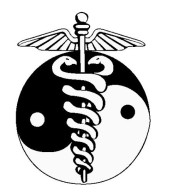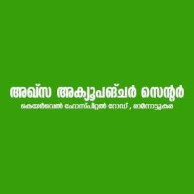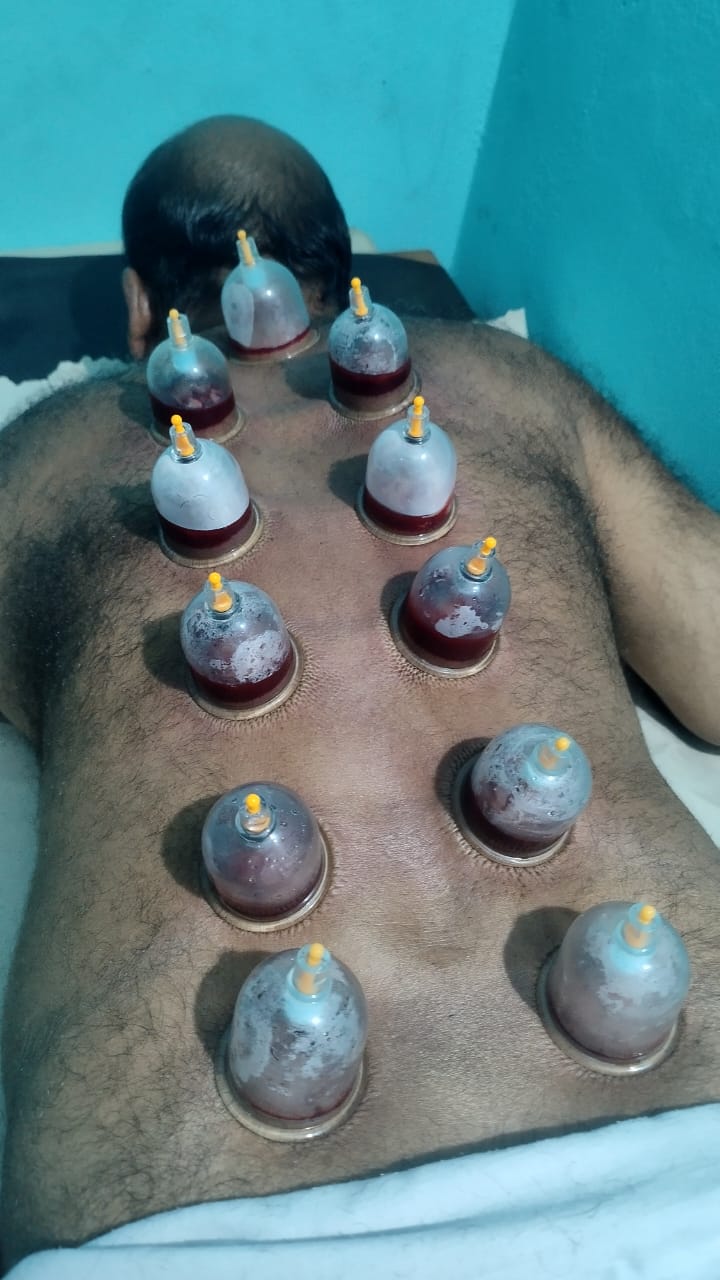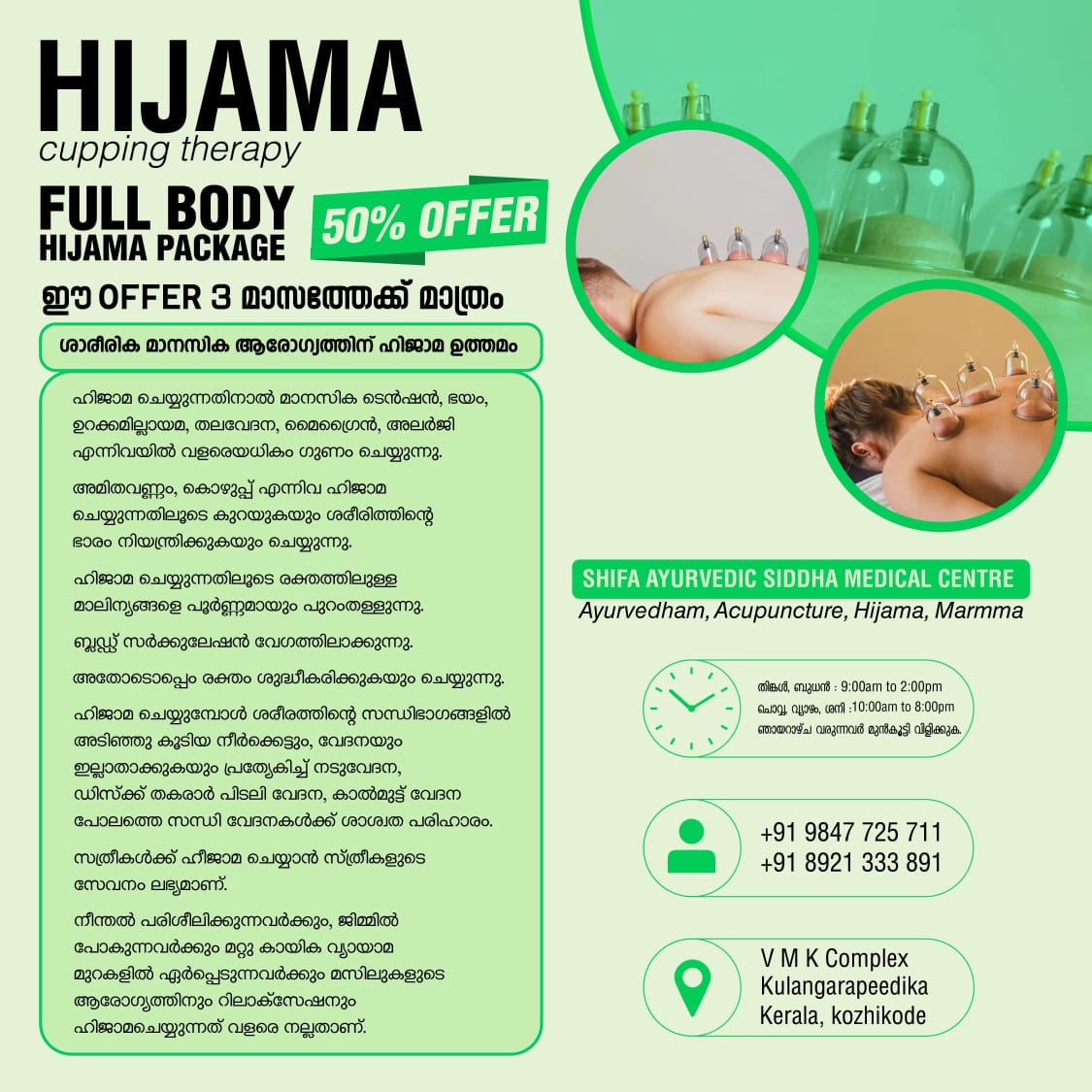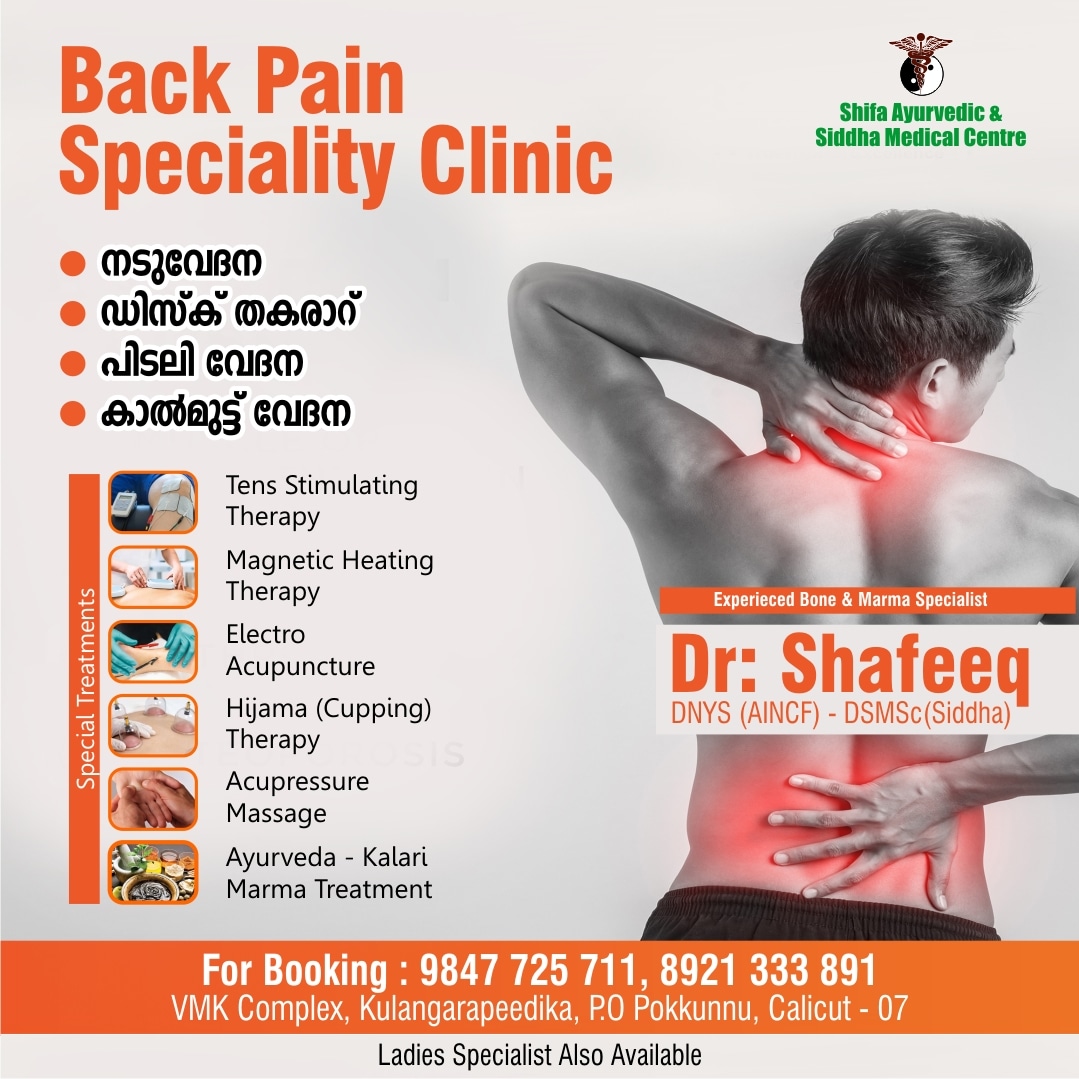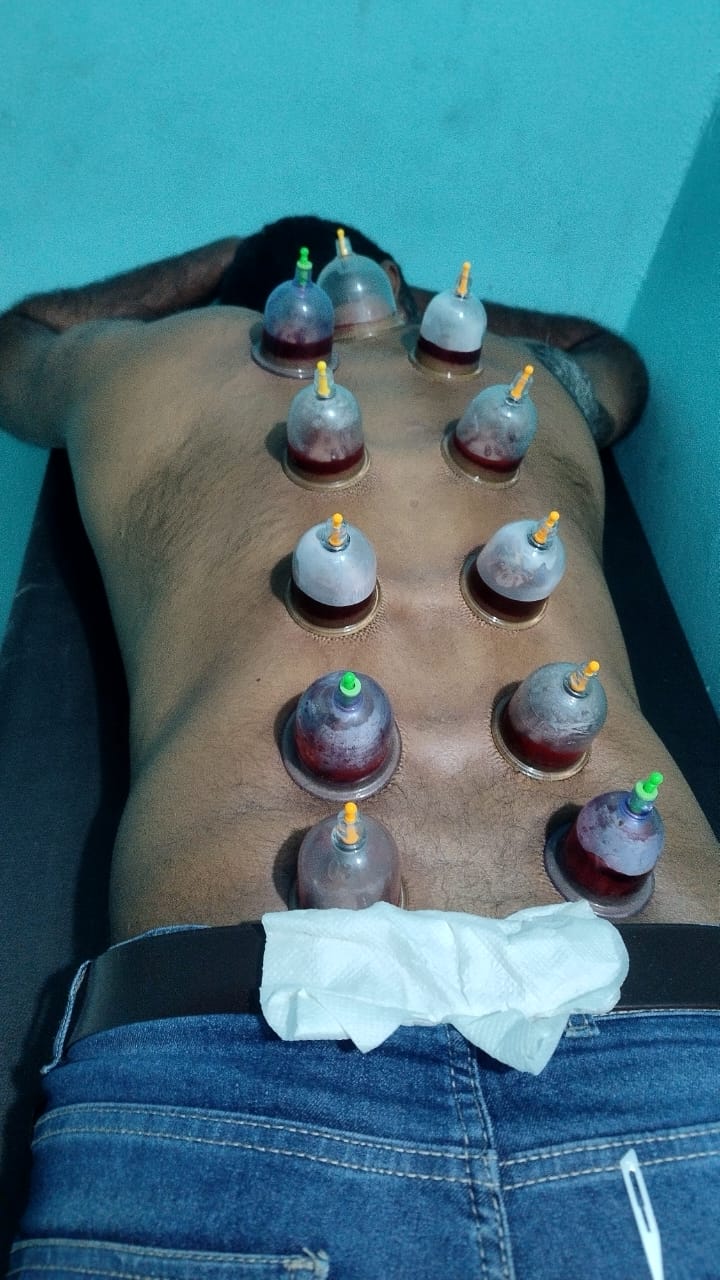Top 10 Hijama Cupping in Kozhikode
Hijama Cupping, often simply referred to as Hijama, is a traditional therapeutic practice that involves placing cups on the skin to create suction. This ancient technique is rooted in various medical traditions, including Islamic and Chinese medicine, and is known for its potential health benefits. The therapy is believed to enhance blood circulation, relieve muscle tension, and promote overall wellness.
In Hijama Cupping, the cups, which can be made of glass, bamboo, or silicone, are applied to specific areas of the body. The suction can be created either by heating the air inside the cups or by using a mechanical pump. This vacuum effect draws stagnant blood and toxins to the surface, where they are thought to be removed from the body, leading to improved health and healing.
-
1. Shifa Ayurvedic And Siddha Medical Centre
o Address: VMK Complex, Pantheerankavu Road, Near Kinassery Orphanage, Kulangara Peedika, Kozhikode, 673007
2. Hijama & Wellness Clinic
o Address: 2nd Floor, Sreenidhi Building, Kallai Road, Kozhikode
3. Aqsa Acupuncture and Hijama Treatment Center
o Address: Care Well Road, Near Care Well Hospital, Ramanattukara
4. Al-Hakeem Hijama Clinic
o Address: Near Old Bus Stand, West Hill, Kozhikode
5. Ayushman Clinic
o Address: 1st Floor, G-55, Puthiyara, Kozhikode
6. Global Hijama Center
o Address: Cherooty Road, Kozhikode
7. Hijama Therapy Clinic
o Address: Calicut Medical College Road, Kozhikode
8. Harmony Wellness Center
o Address: 12/437, Kuttikkattoor, Kozhikode
9. Qamar Hijama Center
o Address: Near Malabar Christian College, Kozhikode
10. Healing Touch Clinic
o Address: 1st Floor, Baywatch Building, Palazhi, Kozhikode
Book an Appointment at Cupping Therapy Centers for Pain Relief in Kozhikode
You might have noticed athletes and celebrities with red circles on their backs and shoulders—this is due to cupping therapy. Cupping therapy, also known as cup massage, is becoming popular for relieving chronic muscle soreness. In this therapy, a suction force draws blood to the skin, which can help with headaches, neck pain, back pain, and other issues. Both wet and dry cupping can also address problems like poor digestion and lack of appetite. For effective cupping therapy, visit cupping therapy centres. You can easily find and book an appointment online for personalized care from experienced professionals.
The Healing Touch: Exploring the Benefits of Cupping Therapy Centers Near Me in Kozhikode
Cupping Therapy is becoming a leading method in alternative medicine for holistic healing. This ancient practice, used across various cultures, has gained recognition for its potential health benefits and remarkable results. Dedicated cupping therapy centres highlight a growing interest in providing effective alternatives for various health issues. These centres, part of the broader field of alternative medicine, contribute to a more balanced and healthier lifestyle.
Pain Management: Cupping therapy is well-regarded for its ability to relieve pain, whether from muscle soreness, joint discomfort, or chronic headaches. By improving circulation and relaxing muscles, cupping can offer relief from different types of pain.
Stress Reduction: Beyond its physical benefits, cupping therapy is known for its calming effects. Many people find it to be a soothing experience that helps reduce stress and enhance overall well-being.
Detoxification: Cupping therapy supports lymphatic drainage, which helps remove toxins and waste products from the body. This detoxification process can improve immune function and contribute to a healthier lifestyle.
Skin Health: Cupping therapy can enhance skin health by increasing blood flow to the skin’s surface and stimulating collagen production. This can lead to a more vibrant complexion and a youthful appearance.
Complementary Therapy: Often used alongside other treatments, cupping therapy (also known as Hijama Therapy) is a popular addition to health routines. Many people incorporate it with regular medical care for a more comprehensive approach to healing.
Non-Invasive Nature: As a non-invasive treatment that doesn’t involve surgery or medication, cupping therapy appeals to those seeking alternative remedies without invasive procedures.
Types of Cup Therapy in Kozhikode
Cupping therapy comes in various forms, each offering unique benefits and techniques. Here are the main types:
1. Dry Cupping
Dry cupping is the most common form of cupping therapy. It involves placing cups on the skin to create suction, which increases blood flow, relieves muscle tension, and promotes healing. No blood is drawn during this process, and it is mainly used for pain relief and muscle relaxation.
2. Wet Cupping (Hijama)
Wet cupping, also known as Hijama, combines dry cupping with small, controlled incisions on the skin to draw out a small amount of blood. This method is believed to remove toxins from the body, improve blood circulation, and help with various conditions such as inflammation, high blood pressure, and skin problems.
3. Fire Cupping
Fire cupping is an ancient method where a flame is briefly introduced into the cup to create suction before placing it on the skin. The heat expands the air inside the cup, creating a vacuum when it cools. This method helps in relieving deep muscle tension, respiratory issues, and improving circulation.
4. Massage Cupping
In massage cupping, the therapist applies oil to the skin and moves the cups in a gliding motion to massage the muscles. This technique is particularly effective for muscle relaxation, improving circulation, and releasing tension in targeted areas.
5. Flash Cupping
Flash cupping is a faster method where cups are applied and removed quickly in succession. This creates a pulsating effect that stimulates blood flow and reduces stagnation. It is typically used for acute pain relief and muscle recovery.
6. Silicone or Rubber Cupping
Silicone or rubber cupping uses soft, flexible cups that are squeezed to create suction. This method is less intense than traditional glass or plastic cupping and is often used for sensitive areas or for self-treatment. It helps improve skin elasticity, circulation, and overall muscle recovery.
Frequently Asked Question about Hijama Treatment in Kozhikode
1. Do cupping therapy centres accept walk-in customers?
Yes, many centres allow walk-in customers, but this depends on the availability of appointment slots. To ensure a smooth experience, it’s best to book an appointment in advance.
2. What is the duration of the therapy at cupping therapy centres?
Cupping therapy sessions typically last between 30 minutes to an hour, depending on the area being treated. You can ask the staff at the centre for more details about the duration before the therapy begins.
3. How many sessions of cupping therapy does an individual require for healing?
The number of sessions needed varies based on individual factors such as body type, medical conditions, and response to the therapy.
4. Is it safe for pregnant women to avail cupping therapy?
Cupping therapy is generally not recommended for pregnant women as it may pose risks. It’s best to consult your doctor for personalized advice.
5. How much does it cost to avail cupping therapy from a centre?
Cupping therapy sessions usually start from Rs. 1,000 per session.
